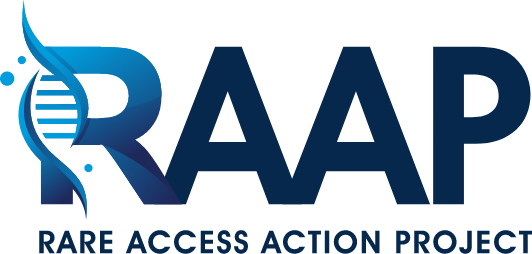
Archive
-
RAAP Comments to FY 2023 MPFS Proposed Rule
The Rare Access Action Project, (RAAP) appreciates the opportunity to comment on the Centers for Medicare & Medicaid Services’ (CMS) proposed payment updates to the calendar year 2023 Medicare Physician Fee Schedule (Proposed Rule). RAAP appreciates CMS’ numerous proposals to implement the discarded drug policy process but urges CMS to broaden its applicability of its “unique circumstances” authority and implement some procedural safeguards for manufacturers during the refund determination process.
-
Ensuring the most vulnerable have access— Revisiting the Medicare Part D benefit
In many ways, the Medicare prescription drug benefit, Part D, is a successful demonstration of public-private partnership; however, beneficiaries are increasingly facing affordability challenges at the pharmacy because of the structure of the Part D benefit. Due to the way that Part D was set up, payers are prohibited from offering a plan design with an out-ofpocket (OOP) cap, a feature that exists in most Medicare Part B plans and nearly all commercial plans.
-
Until Congress Acts, States Must Guarantee Affordable Access to Medigap Plans for Vulnerable Patients < 65
Patients with Original Medicare can still face significant affordability challenges. After the deductible is met, patients face a 20% coinsurance on the remaining costs with no out-of-pocket maximum. Medigap is extra health insurance that Medicare beneficiaries may be able to purchase from a private company to pay health care costs not covered by Original Medicare.
-
CURES 2.0
Dear Congresswoman DeGette and Congressman Upton: Thank you both for your leadership in providing a foundation for much needed therapeutic innovation in the 21st century. We applaud your efforts and reaching out to stakeholders to solicit comments and feedback on issues that can build on the work of the original CURES Act, a framework focused on enhancing the tools, data and pathways for approval of novel therapies.
-
Inflationary Rebates
On behalf of the Rare Access Action Project (RAAP), we appreciate the opportunity to submit the following comments in response to MACPAC’s recent recommendations for the 2021 Congressional report that could adversely and disproportionately affect development of orphan drugs and biologicals.
